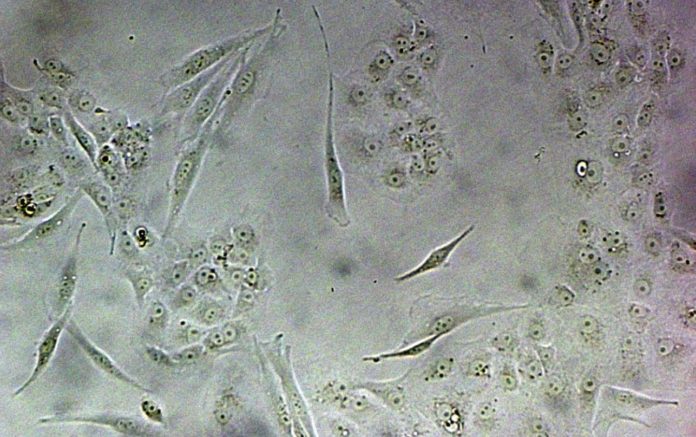Scientists in Australia say they’ve found resistance mutations to Sotrovimab, a monoclonal antibody treatment that was developed to reduce the risk of severe COVID-19 in people who already have other health problems.
Genetic alterations in the virus that causes COVID-19 have been linked to the development of resistance to Sotrovimab in patients who have been given the treatment, according to research headed by the University of Sydney Institute for Infectious Diseases.
Sotrovimab is popular in Australia and is becoming more popular around the world because it is one of the few monoclonal antibodies made by humans that can target Omicron, as well as other variants, like Delta.
This makes it a good choice for people who have the disease. In the US, Singapore, Europe, and Canada, Sotrovimab has been approved for use in emergencies because of its effectiveness in preventing COVID-19.
Australia was one of the first countries to get formal approval from the FDA.
This is believed to be the first time researchers have discovered Sotrovimab resistance in the clinic, which, while unusual, underscores the importance of surveillance. Sotrovimab neutralizes SARS-CoV-2 primarily by preventing virus entry into the host cell by attaching to a specific area of the virus’s spike protein.
The world-first observational research, published today in the New England Journal of Medicine, looked at the first 100 patients who received Sotrovimab in Western Sydney during the Delta outbreak in 2021.
Following up with 23 patients was necessary, with eight of them having leftover respiratory specimens that might be used in the genomic study and four of them developing resistant mutations. The findings demonstrated that SARS-CoV-2 remained alive in patients following Sotrovimab infusions and that spike gene mutations linked with high-level Sotrovimab resistance developed quickly in vitro.
Resistant viruses may spread as a result of the resistance developed in a small number of patients, according to lead author Dr. Rebecca Rockett, from the Sydney Institute for Infectious Diseases, Faculty of Medicine and Health.
“We discovered that the virus that causes COVID-19 can develop mutations within the patient several days after Sotrovimab treatment, which reduces the effectiveness of this treatment by greater than 100-fold,” added Dr Rockett.
The study found:
- The whole genome sequence of the virus that causes COVID-19 was analysed from patients before and after Sotrovimab treatment. Specific mutations within the drug’s target site were uncovered that had previously been described in to confer resistance in laboratory culture systems.
- Resistance to Sotrovimab developed in a small number of patients 6-13 days after treatment.
- The resistant virus could be grown in laboratory culture systems, which is a marker of virus fitness that demonstrates the virus can likely be transmitted to others.
- Post-market genomic surveillance of novel antiviral treatments is warranted to prevent resistant virus disseminating into the community without recognition.
- Using the SARS-CoV-2 genomes available from around the world, the researchers demonstrated that while resistance mutations are incredibly uncommon, in Australia we know they are particularly associated with Sotrovimab treatment.
Given that the virus remained in patients for up to 24 days following Sotrovimab treatment, senior author Professor Vitali Sintchenko said genomic surveillance was advisable not just to reduce the likelihood of treatment failure but also to prevent the spread of possibly resistant variants.
“Resistant virus samples could be readily grown in the laboratory, a marker that individuals who develop resistance may transmit the resistance virus to others,” added Professor Sintchenko, also from the Sydney Institute for Infectious Diseases.
Source: 10.1056/NEJMc2120219
Image Credit: Getty
You were reading: Sotrovimab antibody treatment neutralizes SARS-CoV-2 but causes resistant mutations – scientists
